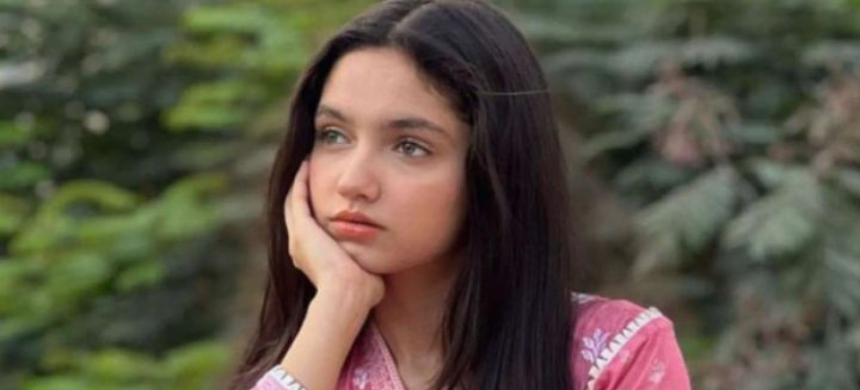Aina Asif, a rising Pakistani actress known for her roles in Mayi Ri, Baby Baji, and Hum Tum, has sparked a heated debate after speaking about mental health on a national morning show.
While promoting her upcoming drama Parwarish alongside co-star Abul Hasan, Aina voiced her concerns about the common approach to depression in Pakistani society. She pointed out that while prayer (Namaz) is important, it is not always a sufficient remedy for mental health struggles.
“Sometimes, therapists are really mean. Your kid will go for help, and they’ll say, ‘Recite Namaz’ — yes, Namaz is important — but what can I do in that moment when I’m depressed?” Aina said during the interview.
Abul Hasan backed her perspective, saying:
“We need therapists for treatment. We can’t rely solely on Namaz for every solution. Allah gave us a mind to think—we should use it to seek medical help.”
Backlash and Support
Their comments quickly went viral, prompting a wave of reactions on social media. Some users accused the actors of lacking religious knowledge and overstepping boundaries. Critics questioned whether public figures, especially those from the entertainment industry, should comment on religious matters.
“Now, will actors and influencers teach us Islam?” one user wrote.
Others quoted Quranic verses, such as: “Seek help through patience and prayer,” to argue that spiritual practices are sufficient to manage distress.
However, many also came to Aina and Abul’s defense, advocating for a balanced approach that includes both faith and professional mental health support.
“Namaz has been my source of peace for years,” shared one supporter.
“Faith is a blessing. Some people are lucky to have it,” another commented, acknowledging the varying experiences individuals have with faith and mental wellness.
A Larger Conversation
The controversy has reignited a broader national conversation about how mental health is understood and treated in Pakistan — and whether religion and therapy can coexist as part of the healing process.











